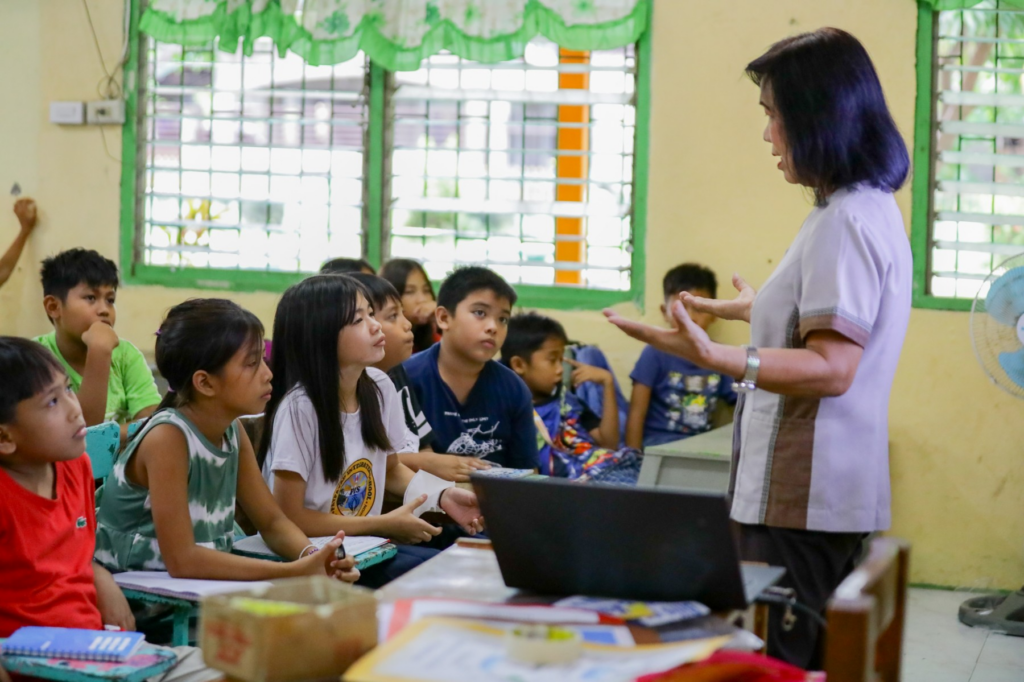“What is a nation without a Mother Tongue?” –Jack Edwards

Roman Romulo, the chair of the House Basic Education Committee in the Philippines, announced that a new law will end the mandatory use of the mother tongue for teaching from kindergarten to grade 3. He believes this change could improve education quality in the country.
WHY IMPLEMENT THIS NEW LAW?

Romulo explained that the Philippines has around 180 languages, which makes teaching in a single mother tongue challenging. He suggested that if the country were less diverse in languages, education might be simpler. However, given the many languages spoken, it’s crucial to focus on ensuring students can understand what they are learning.
Under Republic Act No. 12027, instruction will switch back to Filipino and English, with regional languages used as supplemental aids. Romulo emphasized that reading comprehension is essential for young learners, and teachers need to teach in a way that all students can grasp, especially since different regions have varying languages.
He encouraged the need for common teaching methods to help students understand better.

TEACHERS RAISED CONCERNS
This new law has caused concern among teachers by ending the use of the mother tongue as the main language of instruction for students in Kindergarten to Grade 3. Teacher groups, like the Alliance of Concerned Teachers (ACT), argue that this policy will hurt efforts to improve literacy skills during these critical early years.
ACT’s chairperson, Vladimer Quetua, stated that using a child’s native language helps them learn to read and write more effectively. He emphasized that teaching in the mother tongue not only supports literacy but also fosters cultural identity and preserves local culture. Overall, teachers fear this change could worsen the existing education challenges.

What do you think about this? Do you think our dialects too should be removed from our own elementary schools’ prospectus?



Comments are closed.